by Taylor Damonte, Ph.D., Director of the Clay Brittain Jr. Center for Resort Tourism and Gary Loftus, Director, Grant Center for Real Estate and Economic Development, E. Craig Wall Sr. College of Business Administration, Coastal Carolina University
Research from the Clay Brittain Jr. Center for Resort Tourism shows that in spite of another stormy fall, the Center’s combined sample of hotel, condo-hotel, and campsites in the Myrtle Beach area experienced increases in average occupancy and pricing power in 2017 compared with 2016. The Center gathers occupancy and pricing performance estimates weekly for two samples: a convenience sample of hotel, condo-hotel, and campsite nightly-rented lodging units (called the HC-HC segment); and a scientifically random sample of weekly vacation rental properties (called the VRP segment). Results for both segments are shown below for each of the most recent five calendar years.
Average percent occupancy (APO) for the nightly-rented hotels, condo-hotels, and campsites (HC-HCs) rose by 0.5 percent in 2017 compared with 2016. Average daily rate (ADR) for this segment rose by 5.1 percent compared with 2016. The rate of change in APO for the VRP segment suggests a more price elastic market. Based on the Center’s scientific random sample of VRP’s available to rent in Horry County, average advertised daily rate for the VRP segment rose 0.2 percent while APO based on percentage of units booked in that segment declined by 5.5 percent compared with 2016.
Readers may be interested in knowing how the Center’s lodging industry samples are compiled and tracked. A voluntary sample of HC-HC properties record and submit their daily operating results to the researchers each week. The HC-HC segment includes condo-hotels, most with no national branding and relatively little convention space, brand-affiliated and independent hotels with or without convention space, and campsites. Business performance for weekly-rented vacation rental homes and condominium properties (VRPs) is estimated by observing reservations websites for a random sample of properties each week. Researchers assume that if a property is reserved a few days in advance of the scheduled guest check-in date, then the property will in fact be occupied for that rental week. However, during 2017, Horry County was under a hurricane warning due to the approach of Hurricane Irma during the weekend of Sept. 8-9, 2017. APO for local HC-HCs during that weekend was down 31.9 occupancy points or 34.9 percent, and the following week was down 19.7 occupancy points or 21.7 percent compared with the equivalent weekend of 2016. The occupancy averages reported by researchers for VRPs during that period are based on assumptions that there was a similar rate on no-shows for VRPs reservations during the hurricane watch period and its aftermath.
There is always much variability in performance within the area-wide sub-groupings for which performance is reported below. Participants in the Centers’ study are able to monitor performance results for the hotel segment separately from the condo-hotel segment online.
If you represent a hotel or condo-hotel management company and would like to become a participant in the Center’s research to receive segment-level results and six-week occupancy forecasts, please contact Taylor Damonte (tdamonte@coastal.edu) or Gary Loftus (gloftus@coastal.edu) at Coastal Carolina University.


